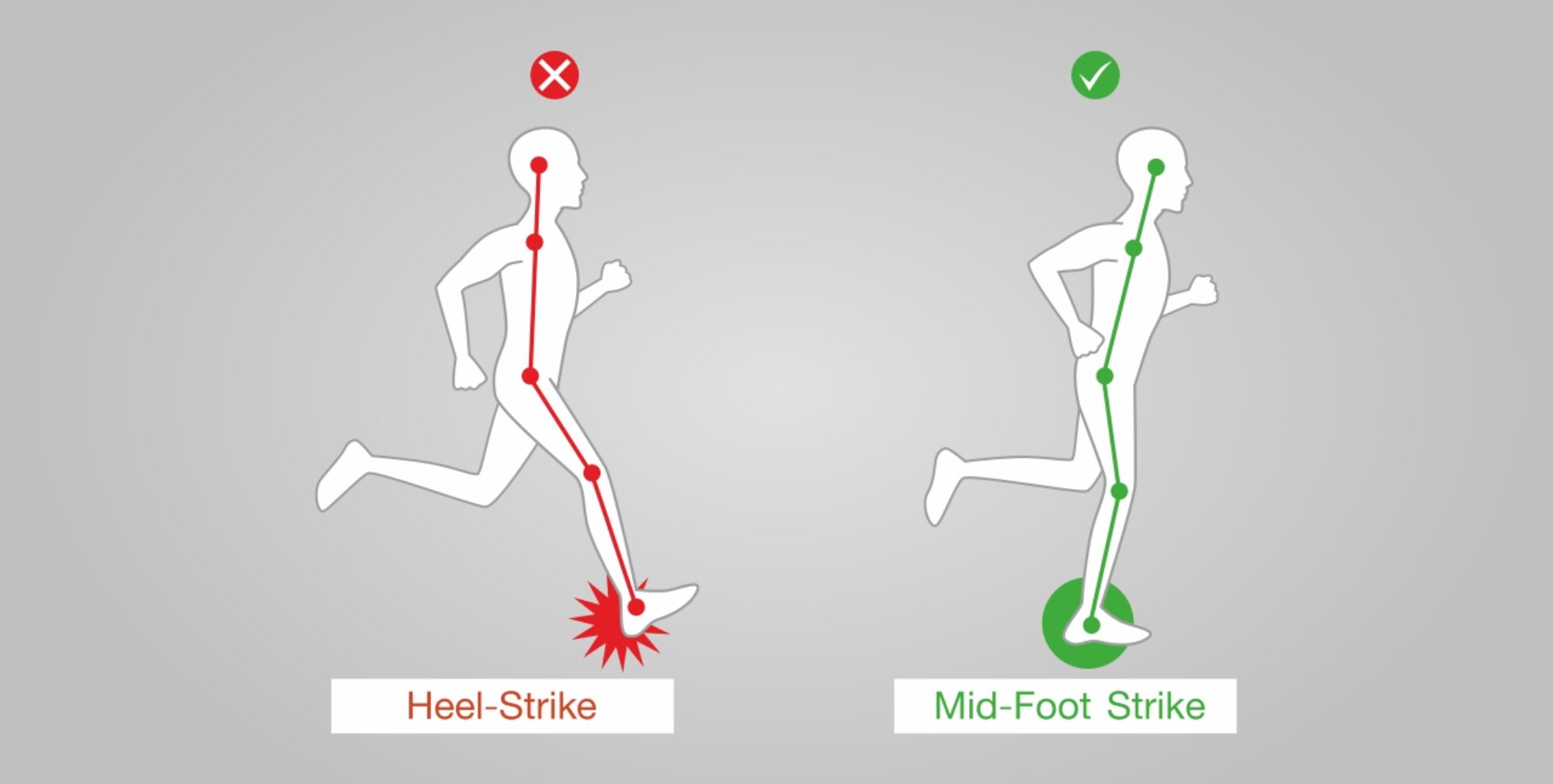Barefoot running is the practice of running without shoes or with minimal footwear. It has become increasingly popular in recent years, as people have become more aware of the potential benefits of running without the cushion and support of traditional running shoes.
Here are some of the potential benefits of barefoot running:
Improved running form: Barefoot running can help to improve your running form by encouraging you to land on your forefoot or midfoot, rather than your heel. This can help to reduce stress on your knees and hips, and make your running more efficient.
Stronger feet: Barefoot running helps to strengthen the muscles in your feet and ankles. This can lead to improved balance and stability, and a reduced risk of injury.
Better proprioception: Proprioception is your body’s awareness of its position and movement. Barefoot running can help to improve your proprioception by providing you with more feedback from the ground. This can lead to better coordination and balance.
Reduced risk of injury: Some studies have shown that barefoot running may be associated with a reduced risk of certain running injuries, such as shin splints and knee pain.
More natural running experience: Barefoot running allows you to experience the natural sensations of running. This can be a more enjoyable and rewarding experience for some people.

How to start barefoot running
If you are new to barefoot running, it is important to start slowly and gradually increase the amount of time you spend running barefoot. This will help to give your feet and body time to adapt.
Here are some tips for starting barefoot running:
- Start by running on soft surfaces, such as grass or sand. Avoid running on hard surfaces, such as concrete or asphalt.
- Run for short distances at first, and gradually increase the distance as your feet and body get stronger.
- Be aware of your surroundings and avoid running in areas with sharp objects or other hazards.
- If you experience any pain, stop running and consult with a doctor or physical therapist.
If you are unsure whether barefoot running is right for you, talk to your doctor or a physical therapist. They can help you assess your individual risks and benefits, and develop a plan to start running barefoot safely.
Barefoot running has the potential to offer a number of benefits, including improved running form, stronger feet, better proprioception, reduced risk of injury, and a more natural running experience. However, it is important to start slowly and gradually increase the amount of time you spend running barefoot to avoid injury.

